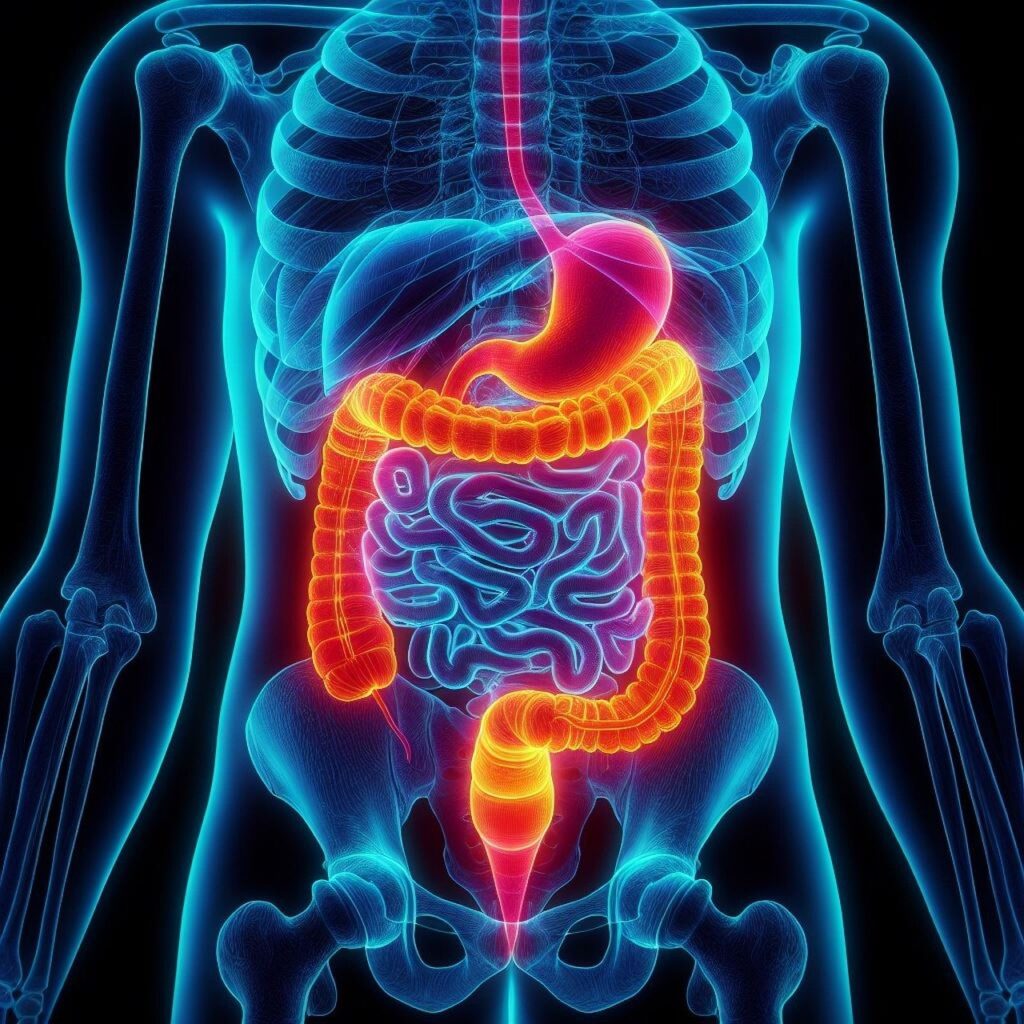
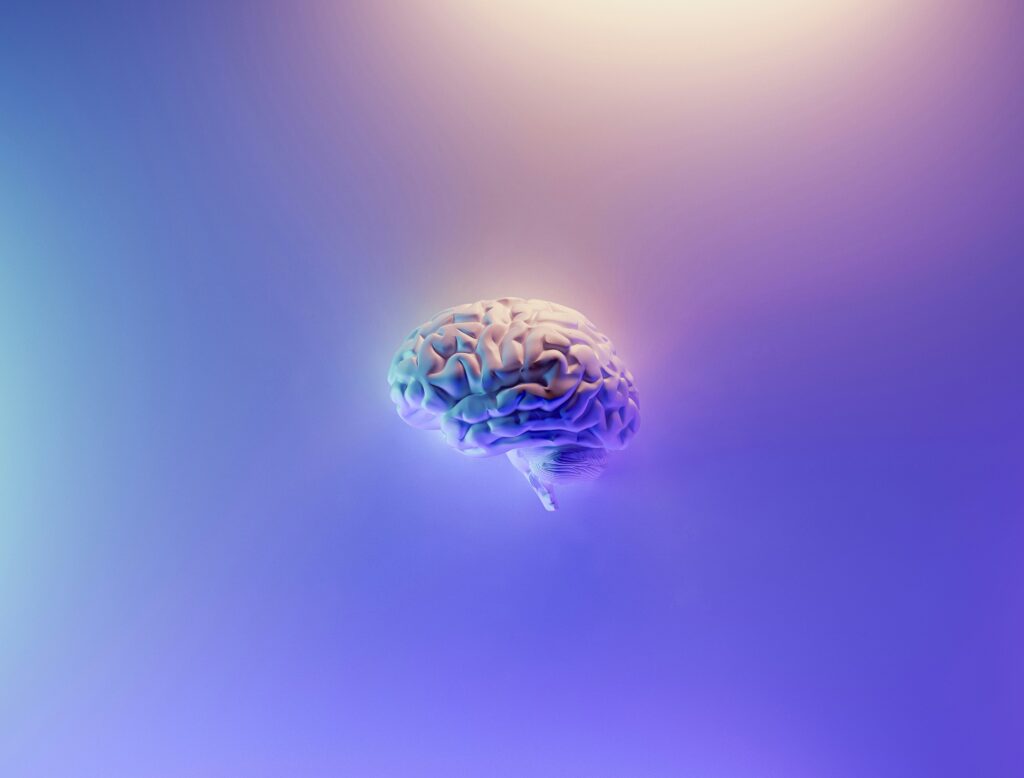
I was talking with a friend of mine who is a PA (Physician Assistant), and she said there have been studies in recent years showing that gut health is directly related to mental health. Basically, these are two areas I’m very interested in that have a significant impact on people’s lives. Having heard this, I decided to do some investigating.

I have to admit it was challenging trying to find a happy medium between writing this post with too much technical information and not enough to explain the gut-brain connection and how nutrition plays a huge part in it. I shouldn’t have been so surprised to find so many studies and articles discussing this topic, but I was. It’s probably because it hasn’t gone mainstream yet. It’s one of those topics where, once you start learning a bit about it, you scratch your head and wonder why is this not talked about more. It’s actually quite an obvious discovery really. Here’s why.
According to an article published in 2023 by Harvard Medical School called, “The Gut-Brain Connection,” the brain and gastrointestinal (GI) system are closely connected. Ever wonder why public speaking may make you feel nauseous or why falling in love gives you “butterflies” in your stomach?
It works in reverse which is what I’m more focused on. Whatever is going on in your gut can have some effects on your brain. Hopkins Medical notes that within the walls of your digestive system is “your second brain.” This “brain in your gut” is called the enteric nervous system (ENS). The ENS is two thin layers of more than 100 million nerve cells lining your entire gastrointestinal tract.
For decades, researchers and doctors thought that anxiety and depression contributed to problems like irritable bowel syndrome (IBS), and other bowel-related issues. However, studies show that it may also be the other way around. Researchers are finding evidence that irritation in the gastrointestinal system may send signals to the central nervous system (CNS) that trigger mood changes.
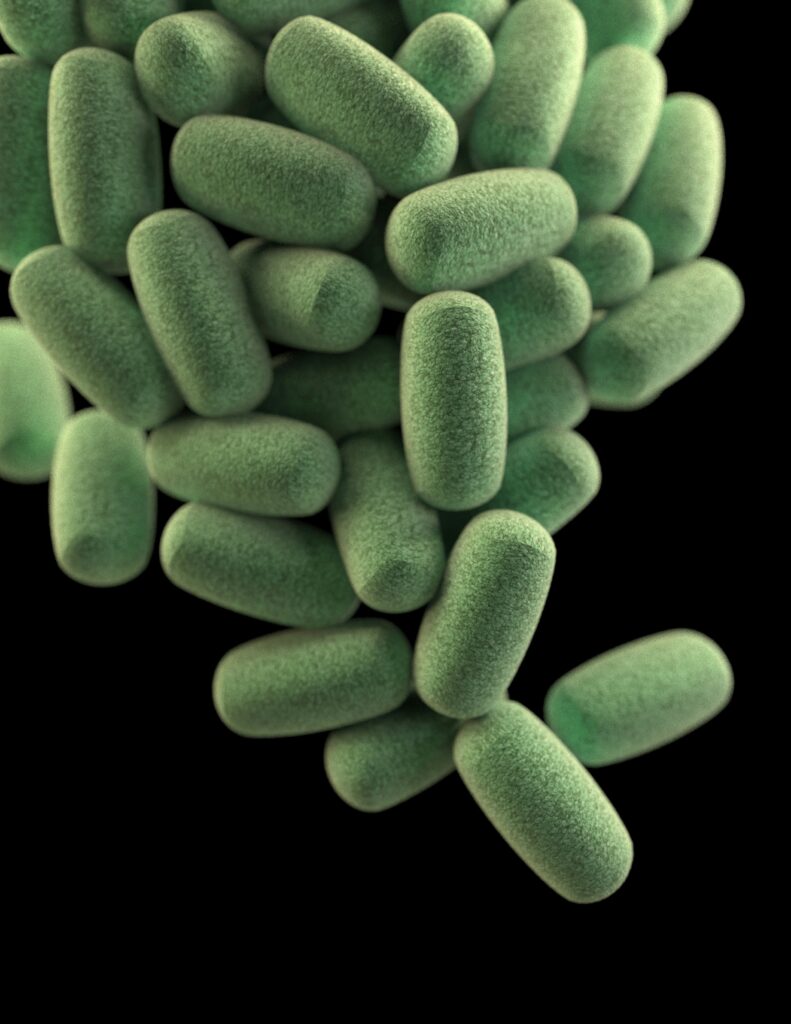
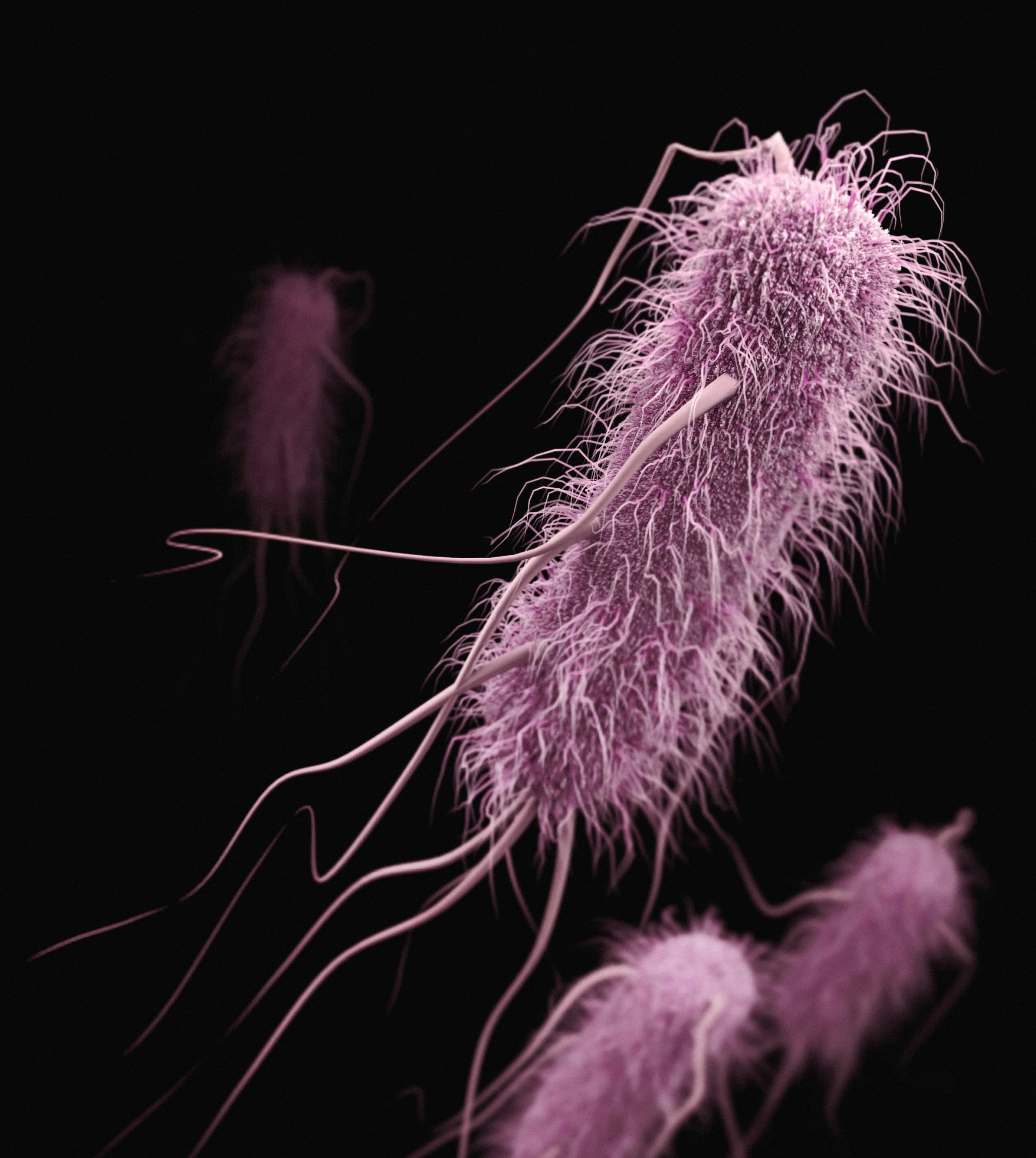

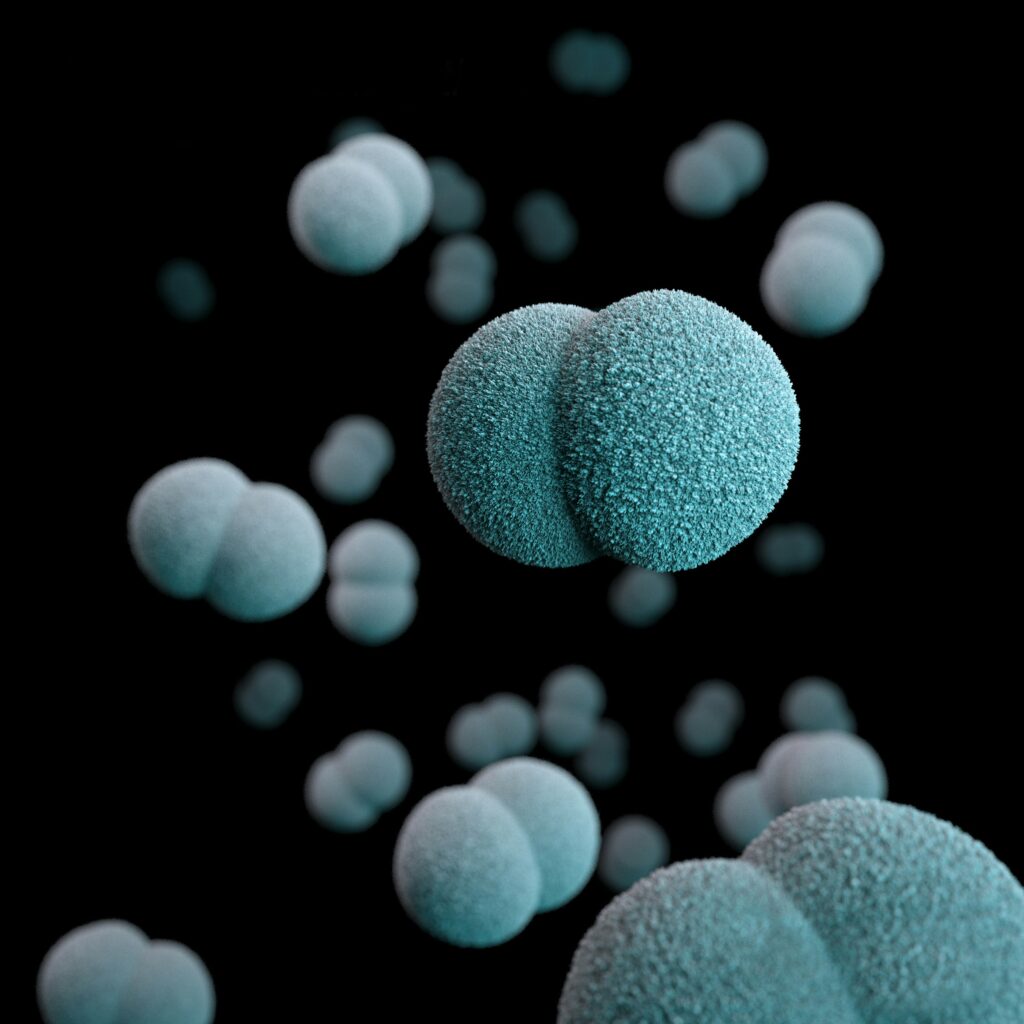
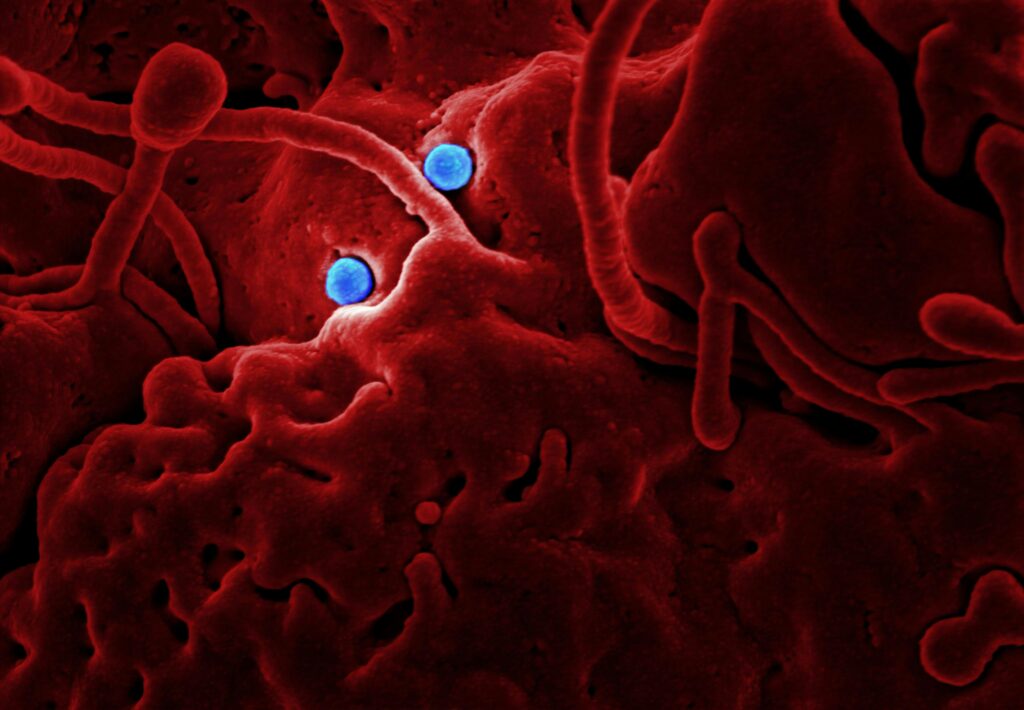
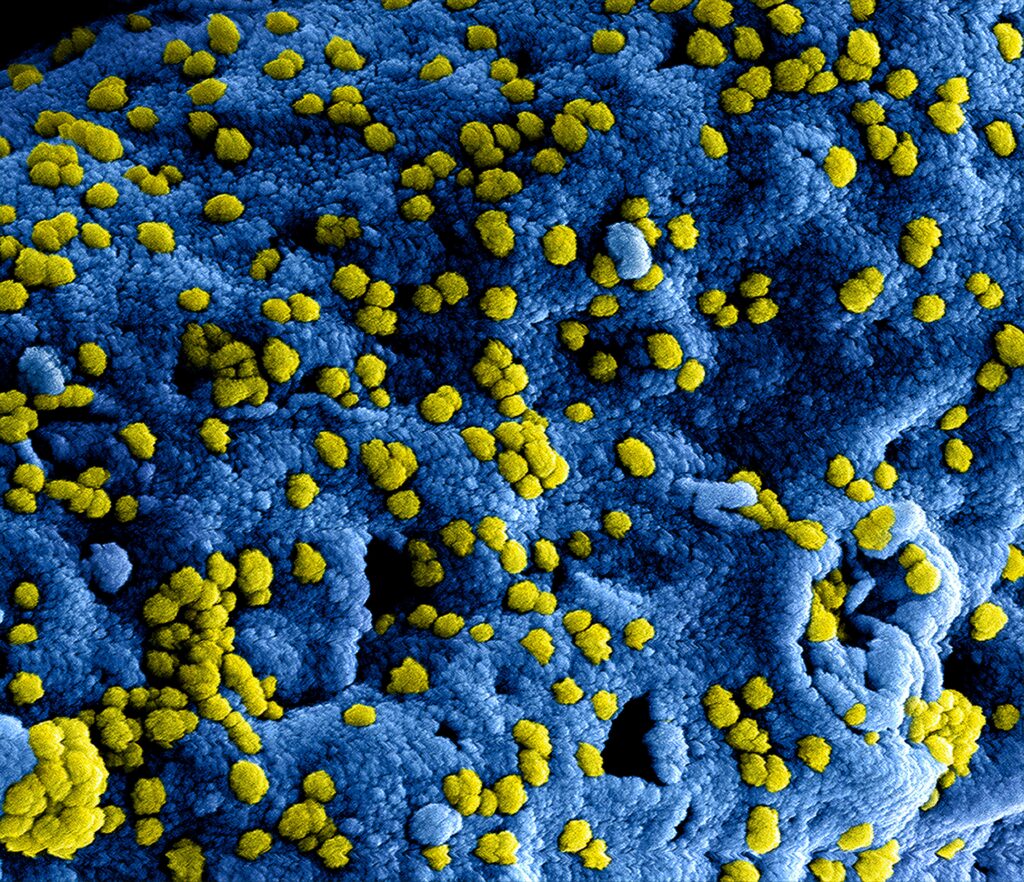
According to a study published online in the National Library of Medicine (NLM), inflammation or dysbiosis (a fancy science word for an imbalance of the microorganisms swimming around in your gut to keep it healthy) has been directly linked to causing several mental illnesses including depression and anxiety.
Needless to say, it’s what you eat and how it affects your body that can cause some significant mood changes. You are what you eat.
As I mentioned in a previous post, there are so many lifestyle eating regimes to choose from, that it makes your head spin. And let’s not forget cost and time. So, let’s get back to basics. The two most important things are what to eat and how much of it. Protein, whole grains, fruits, and vegetables. Six small meals rather than 3 big or medium ones. Lots and lots of water. Consulting a nutritionist or registered dietitian to get an expert’s opinion can help you make informed decisions on what to eat and how much. Some even work with you to create a meal plan. (This may also be covered under your health insurance). If not, there’s TONS of podcasts hosted by nutritionists and dietitians who talk about healthy eating.
We’ve all seen the food chart at school though and eating healthy is pretty close to that. So, basically, a little common sense can go a long way on this topic. I, personally, am not big on dairy (despite my historical love affair with all things cheese), but it’s safe to say that you can probably find the vitamins and nutrients you normally get from dairy in other things. (You’d be surprised how many vegetables have a comparable amount of calcium).

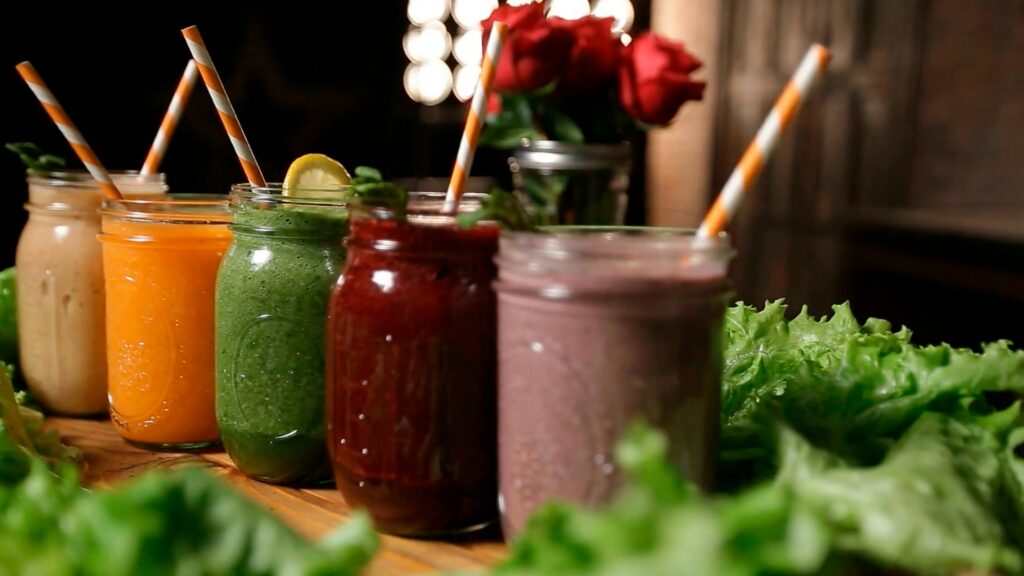
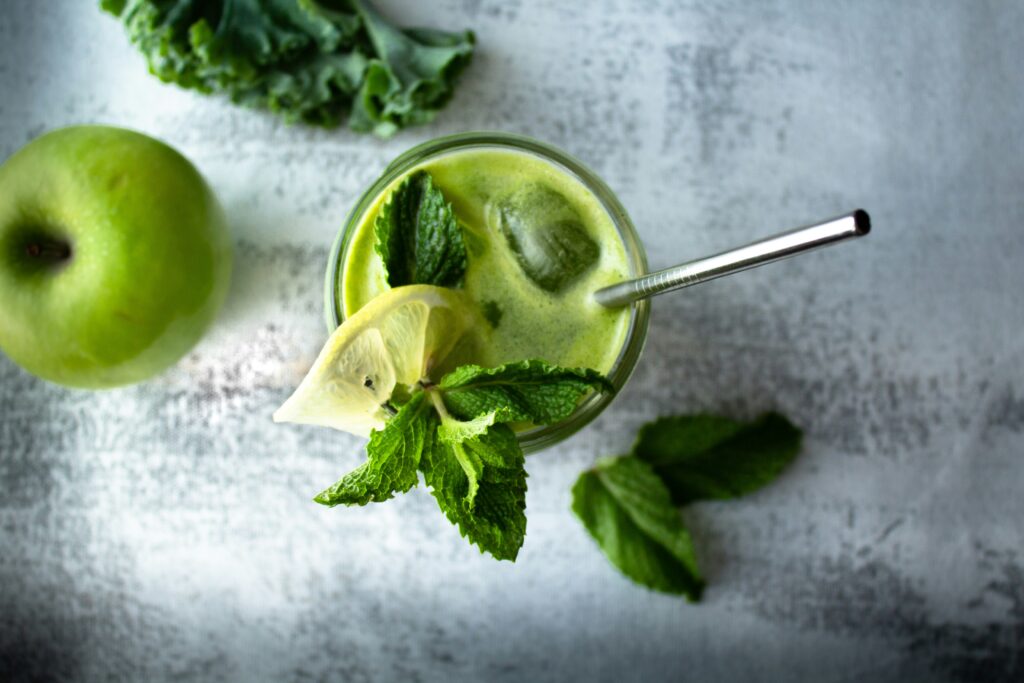
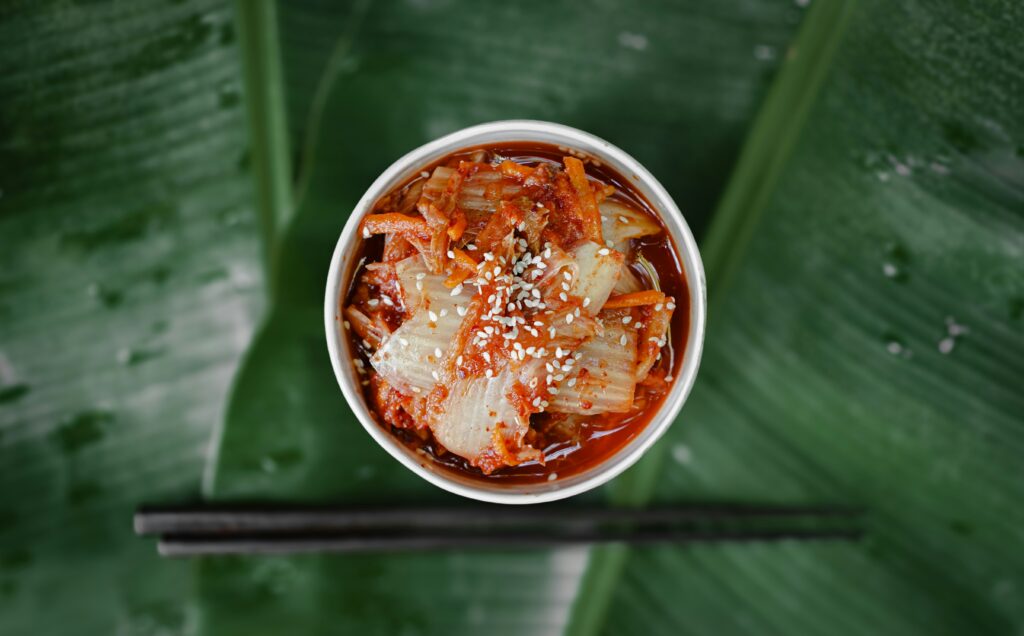
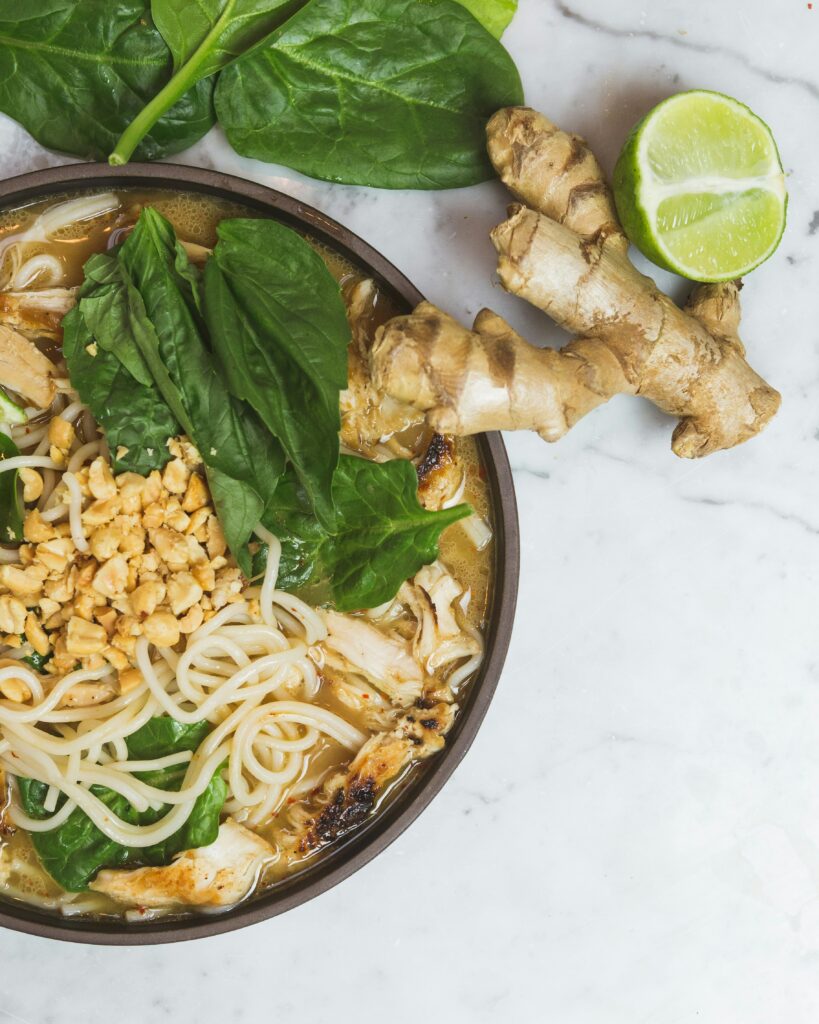
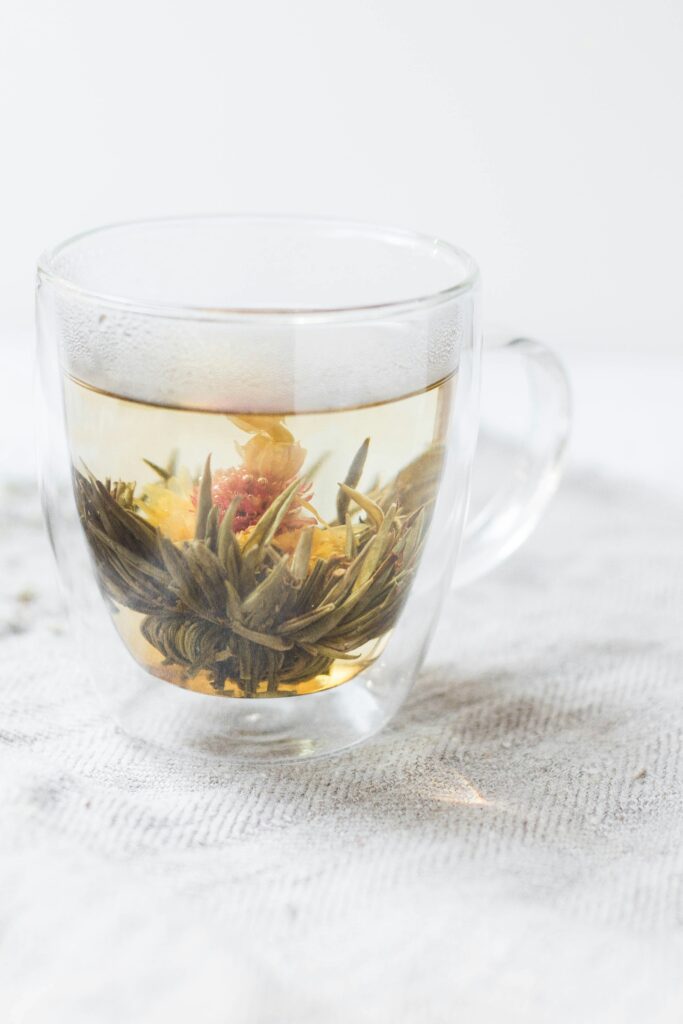
There’s also been some chatter that probiotics are a big winner when it comes to gut health. The NLM study indicates that “probiotics have the ability to restore normal microbial balance, and therefore have a potential role in the treatment and prevention of anxiety and depression.” There are a lot of ways to get your probiotics in and all are readily accessible at the grocery store (usually close to the dairy products). Mmmmm, did someone say Icelandic yogurt?!
As a depression and anxiety sufferer myself, I’m always researching and looking to learn more ways to eat healthier, knowing that what I eat can definitely have an impact on my mental health. Movement is always an important factor as well, even if it’s just stretching or going for a walk. But I’m a firm believer in the 80/20 rule. This probably won’t be the last post about nutrition as it is a topic I’m quite fascinated by and personally vested in for my own sake. If you’re a foodie, health conscious or health curious, or just don’t feel like the way you eat, join me on this journey. Stay tuned for more!
A xo
Leave a Reply